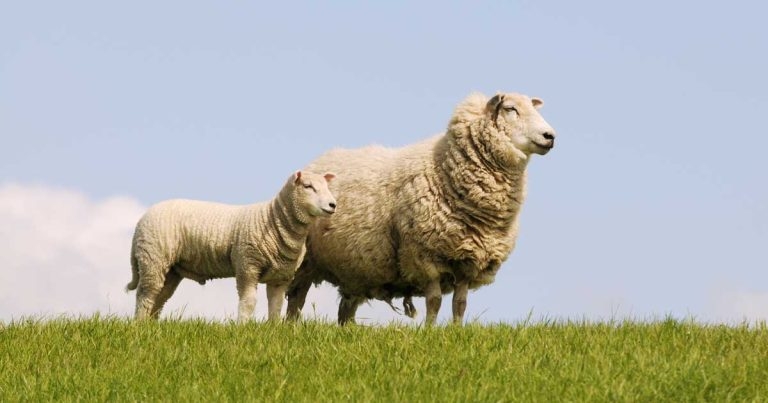10 May 2023
Officials say vets will have a key role in the success of the programme, which has been given an initial £3 million of Welsh Government funding.

Image: © Carola Schubbel / Adobe Stock
A new test and treat programme, which aims to eradicate sheep scab from the Welsh national flock, is being unveiled today (10 May).
The Welsh Government has committed £1.5 million a year to the Gwaredu Scab initiative, which will provide no-cost support to farmers, for at least the next two years.
Officials say the project, which is believed to be the first national scheme of its kind, follows decades of rising case levels.
The disease, which is diagnosed by vets through either skin scraping or antibody blood tests, is now thought to be endemic in Wales, with increased prevalence linked to imports and lack of adequate quarantine measures.
The project’s veterinary technical director Neil Paton said vets would have a key role in ensuring its effectiveness.
He said: “Veterinary participation will be key in not only diagnosing scab accurately, but in advising farmers on how to protect themselves from sheep scab in the future.
“By advising the farmers on accurate diagnosis and prevention, the health and welfare of the national flock will be protected.”
The project, which will be run by Coleg Sir Gâr and is being launched at an event in Carmarthenshire, will use contracted mobile providers to treat sheep using an organophosphate dip, which officials claim will protect sheep from reinfection for up to 60 days.
Treatment will be administered to all sheep within an infected flock within a designated post-diagnosis period.
Programme manager John Griffiths said: “Gwaredu Scab aims to demonstrate the efficiency of mobile contract sheep dippers to safely treat large numbers of infested sheep.
“The longer scab stays on the farm, the higher the chance there is of it seeding to other sheep and holdings, so we would urge farmers who suspect they have a case to get in touch with our team.”
Lesley Griffiths, the Welsh Government’s rural affairs minister, said: “The work taking place will help protect the health and welfare of sheep in Wales and deliver significant economic benefits for the sector.
“This also provides an important opportunity for the industry to put in place the necessary measures to stop scab from spreading between flocks.”